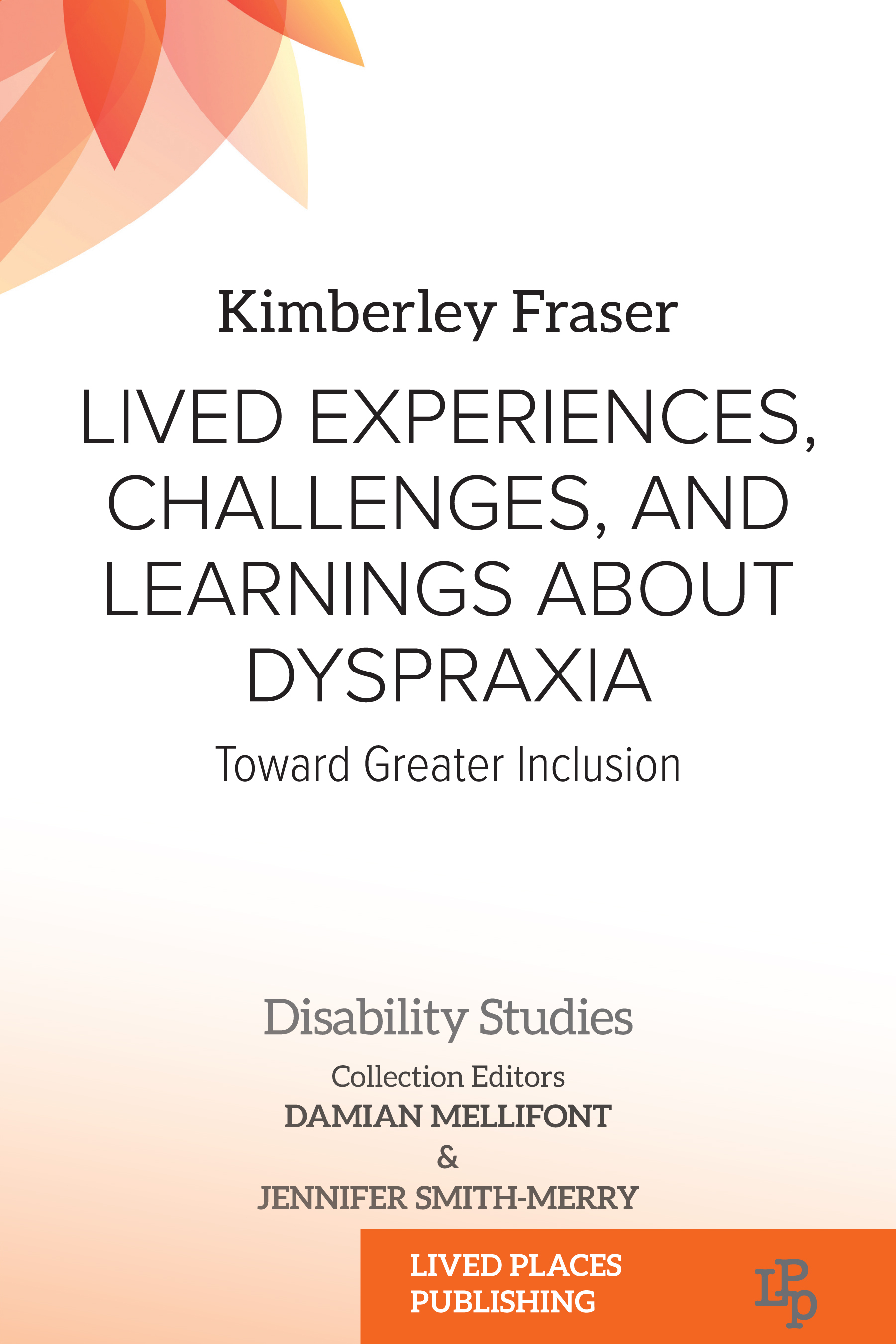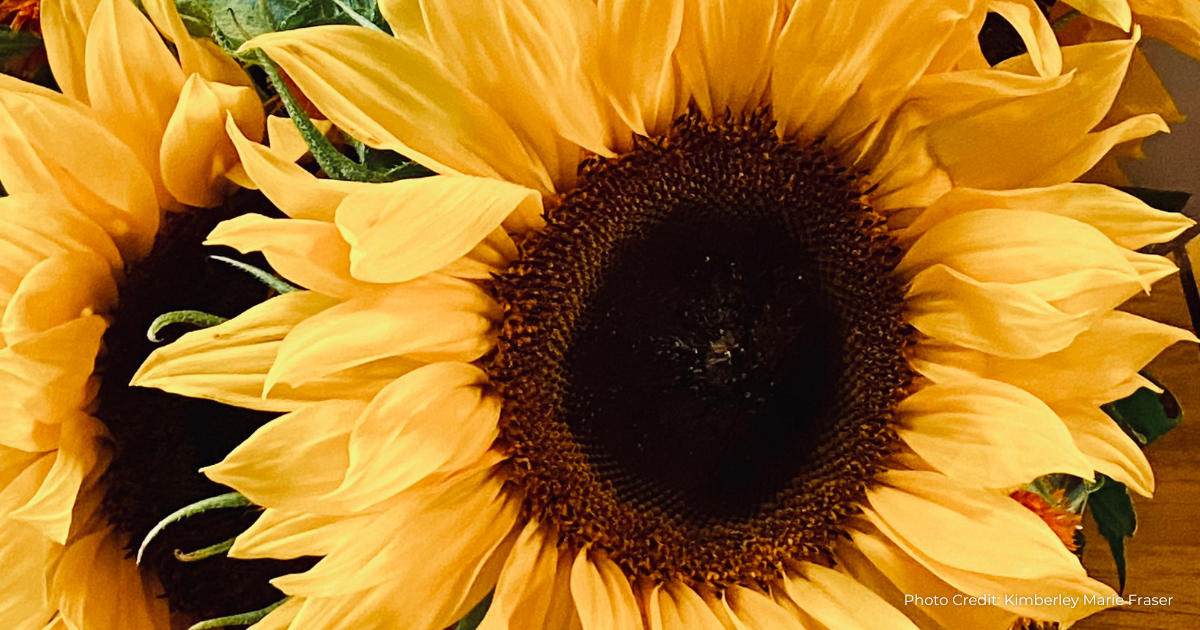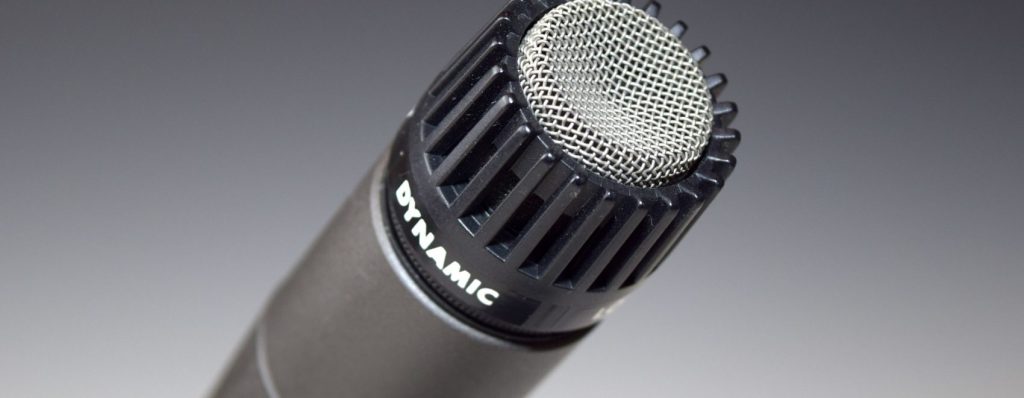2020 was my toughest year to date. You would be forgiven for thinking that the global covid pandemic was the cause of my anxiety.
But that wasn’t the case.
2020 marked the year that I would be mobbed and ultimately ousted from my job of 13 years, the culmination of months of bullying, gaslighting and harassment. The beginning of this was a seemingly innocuous return to work absence review, which would ultimately turn my life upside down.
During a meeting with my manager, I reminded them that the trigger threshold legally had to be increased for disabled employees. I will never forget what I heard next; “I never knew you were disabled Kimberley.”
I genuinely thought she was joking. That was one of the rare times in my life I have been rendered speechless.
This unpleasant incident was sadly, far from a one off. In an earlier temporary job, I had revealed my disability to my manager, explaining that it might take me longer to learn how to use the tills. I was promised that I would receive till training later on after the induction, when they had more time to assist me. This never happened. I was ignored or palmed off with empty promises whenever I raised the issue, and I spent almost two months with precious little to do until I quit.
Hidden disability has long been viewed as being less severe than their visible counterparts, and this issue persists to this day. There is still the outdated notion that your disability must cause you physical pain or infirmity to be valid.
This was evidenced in my further education, where my lack of physical symptoms meant that I was caught in a dispute and left to flounder for more than a year after leaving school despite plans being put in place to allow me to progress straight to college. My inability at that point to travel independently was seen as a seismic issue, which supposedly couldn’t be overcome.
In both employment and education, you simply aren’t allowed to have greater support needs if your outward appearance and intelligence doesn’t fit the bill. To many who have never encountered neurodivergence, disability has a look and a vibe that we shouldn’t dare to assume as our own.
The anger and frustration that this has caused me over the years is very real, and I have since learned that justice sensitivity is very common in the Neurodivergent community, which makes a lot of sense! I have written more than one letter whilst experiencing pure anger and frustration at the treatment meted out to neurodivergent people, and it creates a clarity that even I’m surprised by.
Luckily, I have family who have always encouraged me to speak up, but this can often complicate a sticky situation, as intelligence and disability are not seen as common bedfellows, and many still struggle to believe that these juxtaposed traits can co-exist. This is exacerbated at times by our own stubbornness and sometimes reluctance to speak up as we wish to be seen as independent functional beings and not vulnerable,weak or worse,a victim of circumstance.
But why is it so deeply ingrained in our society’s consciousness that disability makes you a victim, vulnerable, and weak?
Outdated Notions About Disability
Are we all really so married to the outdated notion that disabled people need saving and that we are unable to defend ourselves? For many of us, it is not that we lack conviction, grit, or that we don’t know when wrongs are being committed against us. Particularly in the lives of neurodiverse people, There is so much bureaucracy and red tape surrounding access to any type of support to begin with that our difficulties with planning organisation and poor memory means that we struggle to gather all the appropriate information at one time. I need a lot of help to do so. Or an unexpected or leading question may cause me to stress out and have a meltdown, making continuing discussions without assistance almost impossible. This does not mean that I can’t articulate my feelings, but rather that I get so anxious in situations when my disability is questioned, that it causes me great upset. I have frequently been in situations where people have talked around me rather than to me, before addressing me, almost with suspicion. The sense of loss of control is powerful, and again, unfortunately feeds into the common narrative that disabled people are weak and need a ‘knight in shining armour’ to save them.
Furthermore, It also raises the more pressing question of why do we almost instantly assume that articulate well spoken and intelligent people cannot be disabled? Neurodivergent people seemingly have to fit a certain unspoken criteria to be believed, supported and accepted. That if no visible or obvious weaknesses are detected then they must be lying, exaggerating or at the very least attention seeking. The answer lies, I believe in the fact that we simply do not see enough neurodiverse, and disabled people being given enough meaningful opportunities to use their skills and talents and express their ideas. If this was the standard, the accepted image of disability would look very different. In the later stages of education, we are often pushed towards jobs where we use up the least resources and don’t cause (perceived) inconvenience to those around us, indifferent to our own personal feelings or career aspirations. This is no less than an insult to our intelligence.
We should be afforded the same freedom of choice as those without disabilities. Just because we see the world differently, it does not mean that we don’t add value to the world.
I look forward to the day when this is accomplished and treated as the norm it deserves to be.
How can we better support and promote inclusivity for those living with Dyspraxia?
 Documenting her journey from childhood and diagnosis to adulthood, Kimberley Marie Fraser explores the challenge she has faced living with Dyspraxia in her book, Lived Experiences, Challenges, and Learnings about Dyspraxia: Toward Greater Inclusion.
Documenting her journey from childhood and diagnosis to adulthood, Kimberley Marie Fraser explores the challenge she has faced living with Dyspraxia in her book, Lived Experiences, Challenges, and Learnings about Dyspraxia: Toward Greater Inclusion.
Dyspraxia is a invisible disability with challenges that evolve as life progresses. In her book, Kimberley highlights areas where her life has been affected, including education, employment, and well-being. She argues that it is not the disability itself, but a lack of awareness that leads to frequent misunderstandings and inadequate support for many.
We want our books to be available to as many people as possible. If you’d like to purchase an individual copy, please email us and we’ll give you a discount code:
HEADER IMAGE CREDIT: Kimberley Marie Fraser



